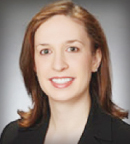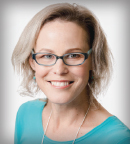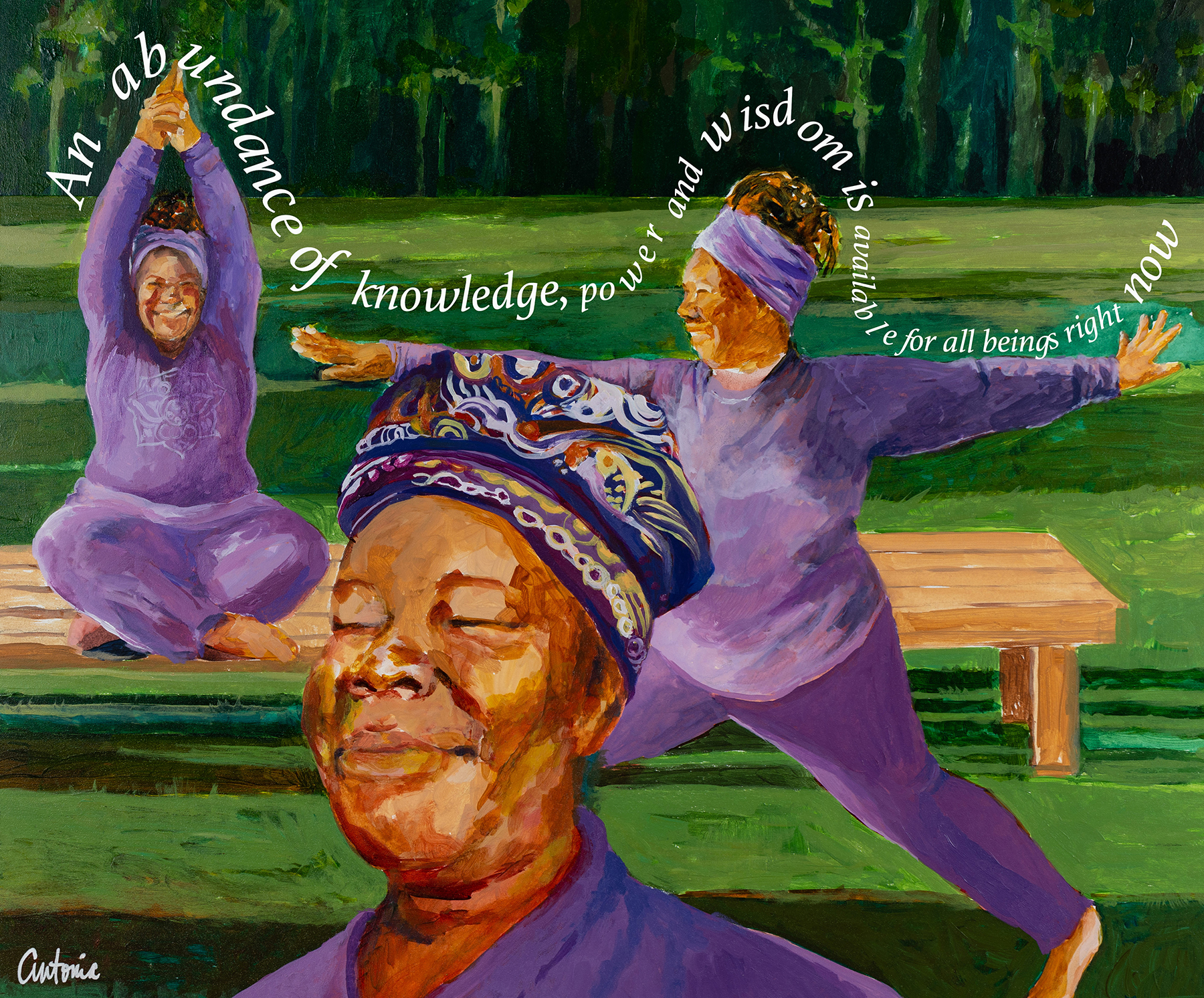Guest Editor’s Note: With the easing of some COVID-19 restrictions, the Society for Integrative Oncology (SIO) held its 2021 international conference in a hybrid format. It focused on the science of living well with cancer, challenges in designing integrative oncology research, and the role of traditional medicine and integrative oncology in reducing cancer risk in low- to middle-income countries. In this article, Drs. Paller and Carlson highlight the conference proceedings.
—Jun J. Mao, MD, MSCE, Laurance S. Rockefeller Chair in Integrative Medicine and Chief of the Integrative Medicine Service at Memorial Sloan Kettering Cancer Center, New York
After having pivoted to a fully virtual conference in 2020, this year’s 18th International Conference of the SIO was a hybrid event, held on September 24–26 in Baltimore. More than 325 participants from 24 countries attended, one-third in person at the Renaissance Harborplace and two-thirds virtually. The COVID-19 safety procedures included free rapid antigen testing for all attendees, masking, and opportunities for physical distancing.
More than 100 presenters spoke in keynotes, workshops, symposia, and concurrent and poster sessions. Conference sponsors included the National Capital Cancer Research Fund (NCCRF), Johns Hopkins Medicine (JHM), the National Institutes of Health (NIH), the Weil Foundation, the Dr. Rogers Prize, and GRYT Health. The NCCRF grant funded 45 U.S. and 15 international scholarships, allowing these recipients to attend the conference.
Both virtual and in-person preconference workshops were interactive and well attended. They explored music therapy, aromatherapy, tai chi/qi gong, yoga therapy, and more.
Keynote Sessions
In our first keynote, Jeffrey White, MD, Director of the Office of Cancer Complementary and Alternative Medicine (OCCAM) at NIH, reviewed OCCAM’s funding portfolios and priorities and reported a decreasing emphasis on natural products and mind-body therapy research, and an increasing focus on exercise, cannabis, the microbiome, and cancer prevention strategies.
In a second keynote lecture, Mary Armanios, MD, Professor of Oncology, Genetic Medicine at JHM, reviewed telomere biology and showed that both short and long telomeres could be associated with disease risk, dispelling the idea that longer telomeres are always better. She also discussed the limits of telomere length and telomerase as treatment response markers .

Channing Paller, MD

Linda E. Carlson, PhD, RPsych
Our third keynote speaker, Otis Brawley, MD, Bloomberg Distinguished Professor at JHM and former American Cancer Society Chief Medical Officer, focused squarely on the inequities in cancer care and cancer outcomes, reminding us there is still a long way to go.
The 2019 winner of the Dr. Rogers Prize, Bonnie Kaplan, PhD, gave a compelling luncheon talk entitled “Nutrition, Mental Health, and Resilience.” She drove home the importance of broad-spectrum micronutrients for maintaining mental health, cognitive and emotional function, and resilience in the face of traumatic events.
Symposia and an International Track
Each Plenary Symposium featured cancer survivors and presentations of combined cancer-patient experiences with research findings. The patient speakers were particularly inspiring. In the adolescents and young adults (AYAs) symposium, Matthew Zachary, a young adult cancer survivor and host of the “Cancer Mavericks” podcast, made the audience both laugh and cry while sharing his story, as did cancer survivor and researcher Mike Lang, through therapeutic digital storytelling. Ivelisse Page, founder of “Believe Big” and a survivor of advanced colon cancer, shared her inspiring story. Susan Strong, a long-term survivor of two cancers and the cardiotoxic effects of treatment, helped us understand the experience of living with cancer for decades as an older cancer survivor.
We also heard from Peter Wayne, PhD, on the benefits of tai chi and qi gong for older cancer survivors; Channing Paller, MD, on her research on promising dietary supplements in prostate cancer; Andrea Cheville, MD, on extending a rehabilitation model to patients with advanced cancer; Mark Levine, MD, on high-dose vitamin C research; and Christina Dieli-Conwright, PhD, MPH, on exercise interventions in AYA cancer populations.
The SIO Global Task Force, led by Jun J. Mao, MD, MSCE, and Eran Ben-Arye, MD, hosted a robust international track, including a 4-hour virtual, international workshop on “Challenges in Designing Real-World Integrative Oncology Research: Undertaking Pragmatic Research.” The workshop featured presenters from 12 countries.
The international track also included an informative roundtable, discussing cancer risk reduction priorities and the role of traditional medicine and integrative oncology in low- to middle-income countries. The roundtable included members from seven countries and special guest Geetha Krishnan G. Pillai, MD, Technical Director of the World Health Organization’s Traditional, Complementary, and Integrative Medicine Unit.
In-Person Highlights and Future Conferences
The in-person program featured an enjoyable poster session and networking reception, as well as a gala dinner hosted at Baltimore’s National Aquarium, where 75 attendees toured the aquarium and had dinner under the watchful eyes of dolphins and jellyfish. For many, it was the first social event with colleagues since COVID-19 began, so spirits were high.
In-person attendees also enjoyed “Morning Wellness” sessions. Kelli Bethel, PT, DPT, demonstrated “Yoga Snacks,” which are short yet effective mind-body practices that can fit into busy days.

Another highlight was the exclusive screening of “Can You Hear My Voice?” This moving documentary film followed a performance by the UK Shout at Cancer Choir, whose members have had their voice boxes removed due to cancer and its treatment. The film was introduced in person by producer Bill Brummel, an Emmy-nominated documentarian and cancer survivor who also had his voice box removed.
Building on this successful conference, we are now planning our 2022 hybrid meeting in Scottsdale, Arizona; the theme is “Delivering Multidisciplinary Integrative Oncology Care Across Cultures.” The hope is to hold the SIO 2023 meeting, which will be a celebration of SIO’s 20th anniversary, in Banff, Alberta, Canada.
DISCLOSURE: Drs. Paller and Carlson reported no conflicts of interest.
Dr. Paller is Associate Professor in the Department of Oncology and Associate Director of Oncology in the Johns Hopkins Clinical Research Network, Sidney Kimmel Comprehensive Cancer Center, Johns Hopkins University, Baltimore; Vice President of Advancement of the Society for Integrative Oncology (SIO); and 2021 SIO Conference Co-Chair. Dr. Carlson is Professor in the Department of Oncology, Cumming School of Medicine at the University of Calgary, Alberta, Canada; President of the SIO; and 2021 SIO Conference Co-Chair.

